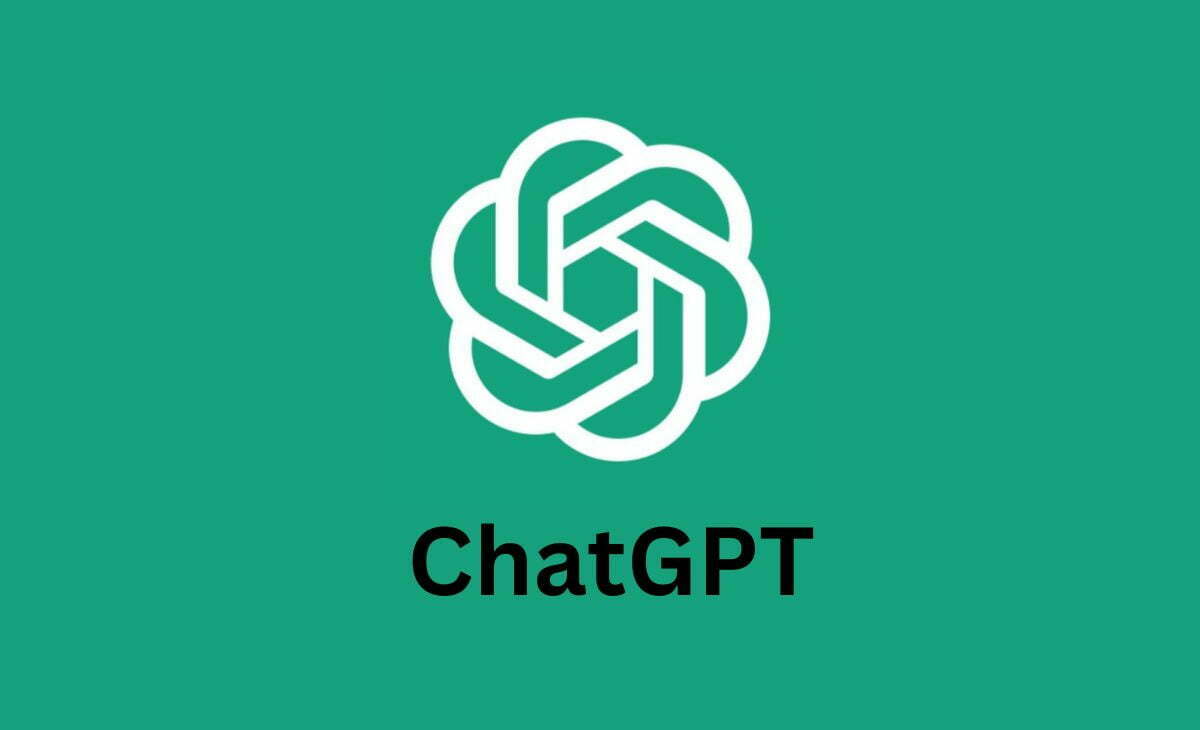Final Post
I would say I have a healthy relationship with technology, but my parents would probably disagree. I have an incredibly large online presence due to my disability and advocacy work this is forced me to have a healthy relationship with my technology, well, and also not being able to type or write without some accommodations. being able to use speech-to-text opened up my world as a competent writer and allowed me to explore writing as a creative Outlet. In the sense that writing has opened up so many doors for me and that is thanks to technology I would say but I and many disabled writers have a healthier relationship with technology. I can see however while that parents would think I do not have a healthy relationship with technology because I'm on it for excessive amounts and they are from an older relationship who does not understand quite as much how it's helped me.
Outside of Technology opening up doors for many people most Average Joe's,e do not have a healthy relationship with technology. People today are on it constantly and sometimes your information about themselves and other people could be considered private, Many people make the mistake of making their accounts public so anyone can see what they post about themselves and other people.A part of people's unhealthy relationship with social media is that they do many activities involving others but without their consent. This is especially true with the phenomenon of “Sharenting” AKA where parents have a social media presence about their children without those children's consent.
“I had just turned 13, and I thought I was just beginning my public online life, when in fact there were hundreds of pictures and stories of me that, would live on the internet forever, whether I wanted it to be or not, and I didn’t have control over it. I was furious; I felt betrayed and lied to.”
Not only do these children not have control over their own online presence but also I don't think mothers realize that what they post about their children can be used not only by any average person who stumbles across their page even if they're private but also the government to track that information and use it against them.
Teenagers today have grown up in a world where social media is the norm, this is an increased rates of mental illness among teens and Body Image issues, especially among teenage girls. Many of them feel the pressure to be perfect because of how heavily edited their social media is. “When you go to post your own picture or even appear on a Zoom call, you may be shocked and disappointed by the fact that you don’t look as glamorous or as perfect as what you see on social media…Dr. Byrne notes. “For some people, this can be a source of anxiety and even shame.” That anxiety and shame can quickly turn into self-esteem issues and even body dysmorphic disorder (BDD), a mental health condition in which you’re consumed by thoughts about how you look and the defects you think you see.” (Cleveland Clinic) Unfortunately, this has become so normalized by the use of social media in excess that a lot of people don't think they have a problem. What would help is people realizing that social media is too much of a good thing and setting limits for themselves as best they can.
https://health.clevelandclinic.org/social-media-and-body-image/
https://www.fastcompany.com/90447583/our-collective-privacy-problem-is-not-your-fault






